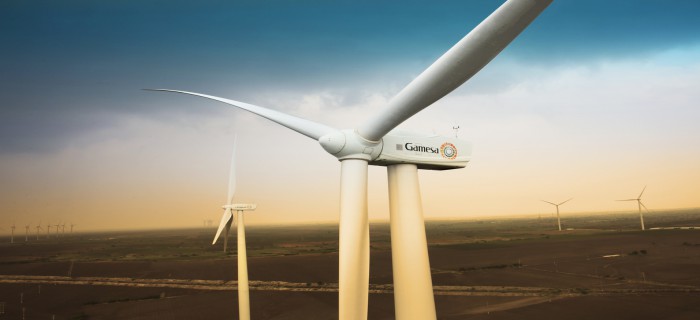
German consumers face higher green power levy in 2020
A fee levied on German consumers to support renewable power is likely to rise by 1.5-4.6 per cent in 2020, industry sources said on Monday, a day before power network operators are due to publish details of the surcharge.
The levy is a key part of Germany's policy to switch to lower carbon sources of energy, known as Energiewende, but has sparked criticism from consumers because it makes up 21 per cent of their final bills.
Germans pay the most for electricity in Europe - taking the top spot from Denmark this year - when they paid a record 29.47 cents/kWh, a spokesman for consumer portal Verivox said.
State taxes and fees account for 52 per cent of final power bills, according to energy regulator data.
The annual surcharge under the renewable energy act (EEG) could amount to 6.5-6.7 euro cents ($0.072-0.074) per kilowatt hour (kWh) in 2020 up from 6.405 cents in 2019, think-tank Agora Energiewende said. Consumer portals also cited the same range.
Payouts to renewable power producers under the EEG this year are expected to amount to over 25 billion euros, the energy industry has estimated.
If Agora's forecast is right, a four-person household consuming 4,000 kWh per annum would pay another 40 euros more next year, Verivox said.
Agora cited rising payments to offshore wind turbines entitled to 20-year fixed subsidies as one reason for the increase in the surcharge. Many renewable operators are still entitled to years of fixed payments.
Agora said the surcharge, which so far has fallen only three times - in 2015, 2018, and 2019 - should also rise because of high drawdowns from the EEG account this year that interacts with weather-related renewable output.
Agora also predicts that the fee should peak in 2021, because by then wind turbines built last decade would gradually drop out of the 20-year scheme.
Switchup, an automatic switching app, said consumers should change supplier to beat the trend.
One factor stopping even bigger increases in the fee are higher prices for mandatory European carbon emissions permits that thermal power generation plant operators must buy.
This means that green power producers achieve higher wholesale market prices than their fossils-based rivals, which cuts their entitlements under the EEG.
In Germany, some 23 per cent of power bills are made up of grid usage fees, which have increased due to the higher handling costs of renewable power. The remaining 25 per cent represent procurement and retail distribution.

.gif)
.jpeg)
leave your comment